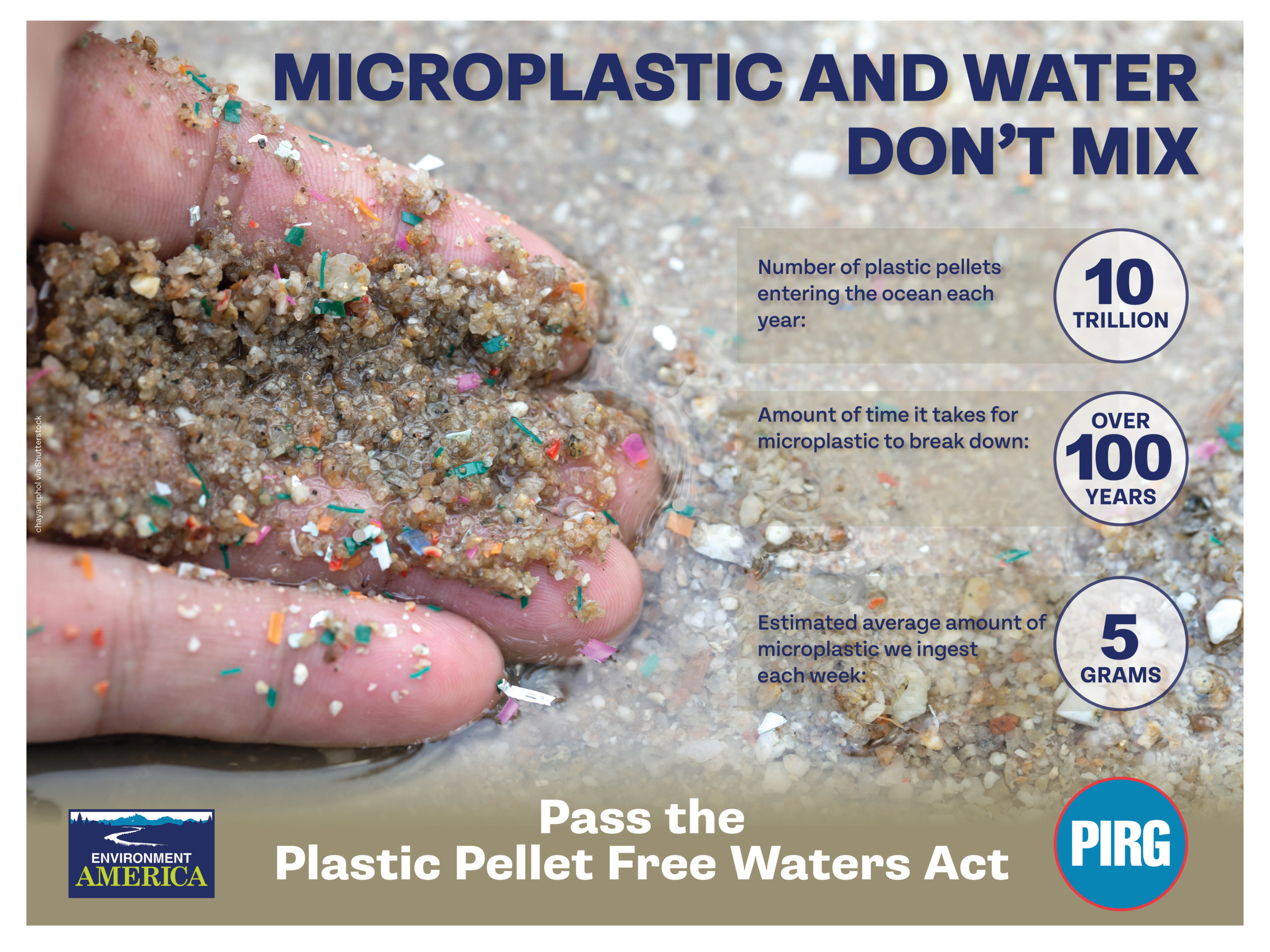
New FAA action will lead to more PFAS-free foam at airports
New FAA announcement action will result in more airports ending their use of the highly toxic PFAS firefighting foam, know as Aqueous film forming foam (AFFF), which has contaminated water at hundreds of sites across the country.

New action by the Federal Aviation Administration (FAA) has authorized airports to use a firefighting foam that does not contain per- and polyfluoroalkyl substances (PFAS).
PFAS, (per- and polyfluoroalkyl substances) also known as “forever chemicals” are a class of synthetic petrochemicals that help products resist heat, water, grease and stains. The downside is that PFAS are toxic at very low levels, increasing risk of cancer, immunosuppression, birth defects, colitis, and other diseases.
PFAS are present in many kinds of firefighting foam — which is one of the primary ways that PFAS get into our drinking water. Once toxic foam is sprayed on the ground (often during training exercises on military bases, and training facilities), it can easily wind up in nearby rivers, streams or groundwater. Accordingly, studies have found much higher rates of PFAS contamination in water around military bases in the U.S. PFAS at civilian airports have also polluted our water – including Nantucket.
The FAA decision also facilitates an end to PFAS foams at military bases, as mandated by Congress.
While long overdue, the FAA’s announcement means that civilian airports will no longer be compelled to use PFAS-laden foam. It also marks another crucial step to ensure that the Pentagon meets the 2024 deadline Congress set for ending PFAS foam at military bases.
In May, 2022, AG Maura Healey sued 15 manufactures of PFAS and PFAS containing firefighting foam.
Additionally, the Massachusetts legislature is considering a bill to phase out the use of PFAS.
Topics
Updates

Energy Conservation & Efficiency
Groups to Congress: oppose attacks on energy efficiency

Energy Conservation & Efficiency
Department of Energy finalizes water heater efficiency standards

MASSPIRG goes to Washington to tackle plastic pollution and energy waste

Lobby day secures bipartisan support for the Plastic Pellet Free Water Act

Stop The Overuse Of Antibiotics